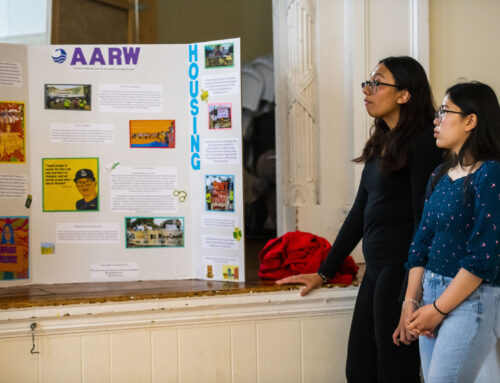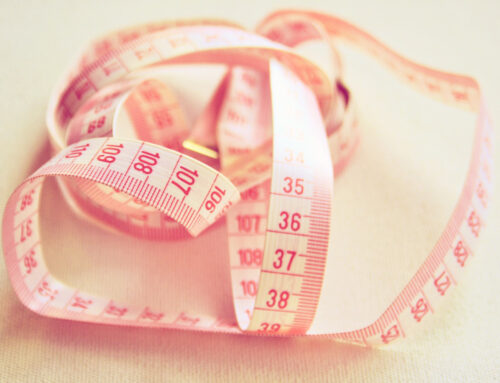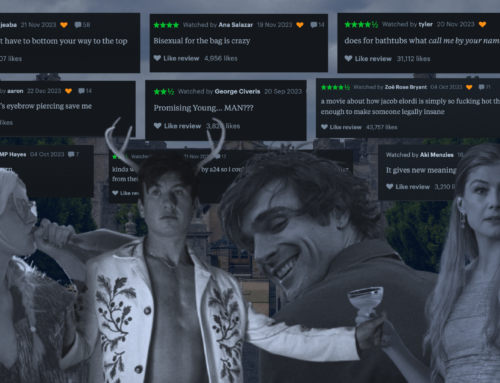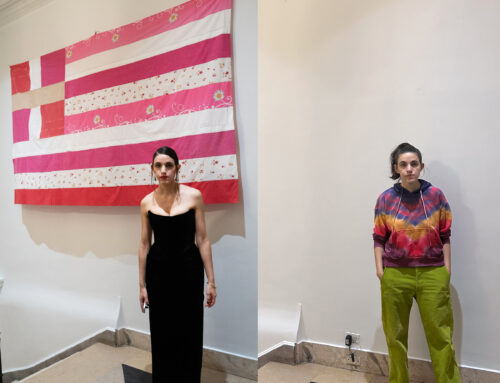
Madeline Groves is a twenty-six-year-old international swimming champion. She won two silver medals at the 2016 Olympic Games in Rio and has placed multiple times at other world championships. Just three days before the Australian Swimming Trials—the race to the 2021 Tokyo Olympics—Groves announced that she would not be competing for a spot on Team Australia this time around.
“Hey hunnies, I’ve made the decision to not compete at the Olympic Trials in Adelaide,” she wrote in an Instagram caption, underneath a picture of her sporting a one-piece, patterned with middle fingers — an appropriate message for her announcement. On Twitter, she clarified: “Let this be a lesson to all misogynistic perverts in sport and their boot lickers – You can no longer exploit young women and girls, body shame or medically gaslight them and then expect them to represent you so you can earn your annual bonus. Time’s UP.”
This is not the first time that Groves has revealed the unfortunate realities of the sport. In November 2020 she tweeted, “I definitely made a complaint a few years ago about a person that works at swimming making me feel uncomfortable the way they stare at me in my togs, and I think they’ve possibly been given a promotion since.”
Groves has endometriosis and adenomyosis, two conditions that affect the tissue in the female reproductive system. She did not disclose any further details about the medical gaslighting she experienced but did address the misogyny in November. Groves said there were times she realized there was a “weirdo staring at my tits when I’m trying to swim”.
Since Groves decided to pull out of the Tokyo race, concerns about the safety and professionalism in Australian swimming have risen. President of Swimming Australia Kieren Perkins alleges Groves has not answered the calls of the governing body when they asked for more details about the allegations. “We need to manage the safety of our athletes. That is paramount to us,” Perkins told ABC.
“We absolutely have done a mountain of work over recent years to tighten up sports policy frameworks, make sure we have the right processes for whistleblower investigations, and ensure that any police matters are dealt with as they need to be,” he said, admitting that there are many issues within professional athletics.
The governing body of Swimming Australia was shocked by Groves’ decision to drop out of the trials, but a number of athletes around the globe—especially those who are marginalized—know that their mental stability and safety are more important than any title or monetary compensation. Take Naomi Osaka, for example, who refrained from speaking at press conferences during the French Open. She was fined $15,000 and decided to pull out of the tournament altogether. In 2017, the US women’s gymnastics team sued their team doctor, Larry Nassar, for sexually abusing gymnasts for over two decades. And, back in 2000, the US women’s soccer team boycotted for equal pay. It is an all too familiar pattern.
Although Maddie Groves has stepped away from social media and swimming to cheer on her teammates this summer, there is still a lot to investigate within the swimming community in Australia.
“If there is a culture issue, we would absolutely love to change it,” said Mitch Larkin, one of Groves’ teammates. “Her wellbeing, not only for herself but all athletes, is absolutely important to us as a leader of the Dolphins team.” At a Trials press conference, Larkin emphasized that Groves has support from her teammates. “I know at Swimming Australia we have worked on the importance of having some really good structure and there’s plenty of people on the Dolphins team that are there to support her.”
Female athletes have had to weigh the consequences of competing versus taking time away from their sport to protect themselves for years, which is likely more taxing than training for the event itself. When a woman decides to take ownership over her experience, coaches, bosses, family members and the public often step in to undermine their decision, as Osaka experienced this past May.
Groves clarified that the COVID-19 pandemic did not sway her too much in the decision to drop out of the Trials. “It’s partly because there’s a pandemic on, but mostly it’s the culmination of years of witnessing and ‘benefitting’ from a culture that relies on people ignoring bad behavior to thrive. I need a break,” she said.
“I need a break. If starting this conversation will save even one young girl from something like being told to lose weight or diet, not going to the Olympics will have been worth it.”
To Australians, swimming is more than just a sport—it’s a lifestyle that almost every Aussie takes part in at some point in their life. As the Australian swim team gears up for Tokyo—where the nation will be represented by record-holders Kaylee McKeown, Mitch Larkin, and Bronte Campbell, just to name a few—the world will be watching to see how Swimming Australia handles Groves’ allegations.



